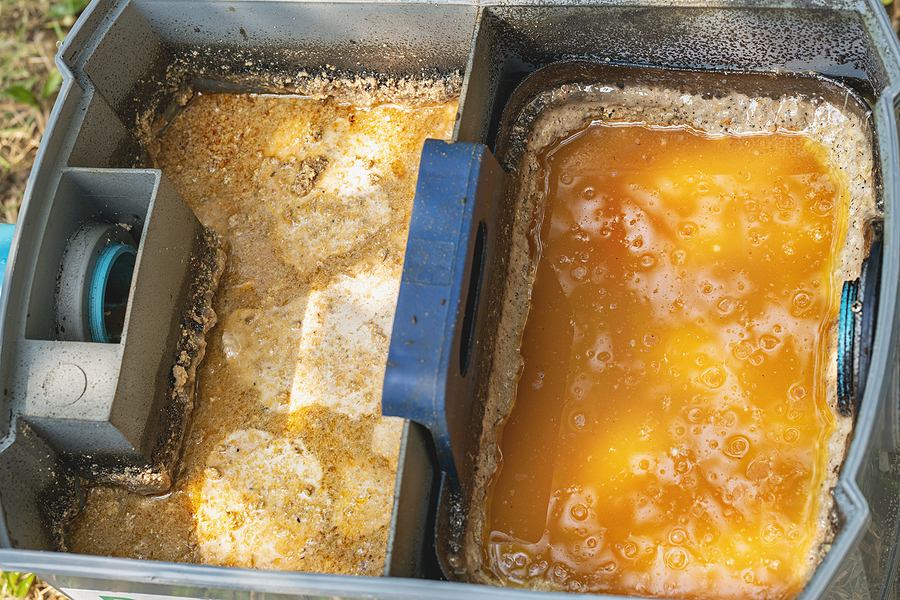
06
The grease trap, often hidden beneath sinks or tucked away underground, is one of the key components of the restaurant business. When neglected and improperly maintained, it can lead to serious issues that are excessively messy. Fats, oil, and grease can be a deadly combination if they cause blockages inside your pipes. Grease traps are made to prevent the buildup of these substances. However, a slip-up in maintenance opens the door for various problems that no business owner would be thrilled to have. Here are some of the outcomes of what can happen if you neglect taking care of the grease trap.
A grease trap is designed on the fact that grease is less dense than water and the two won’t mix together. It works similarly to a septic tank. When wastewater enters a grease trap, it’s separated into three layers. Solids sink to the bottom of the grease trap while clear water exits through an outlet baffle. Many grease traps also include a removable solid strainer to limit the number of solids that sink to the bottom of the trap. Meanwhile, the grease enters through the baffle with the water but floats to the surface. As the grease starts to accumulate in the grease trap, there’s a possibility it escapes through the outlet and makes its way to bodies of water. To prevent this, just like septic tank pumping, the trap must be pumped regularly.
The main task to strictly follow is to keep up regular maintenance at all times. Simply hire a professional to take care of septic tank pumping and grease trap pumping and have them inspect your grease trap. Charlotte Septic Pros also offers services for septic tank repair if anything goes wrong.
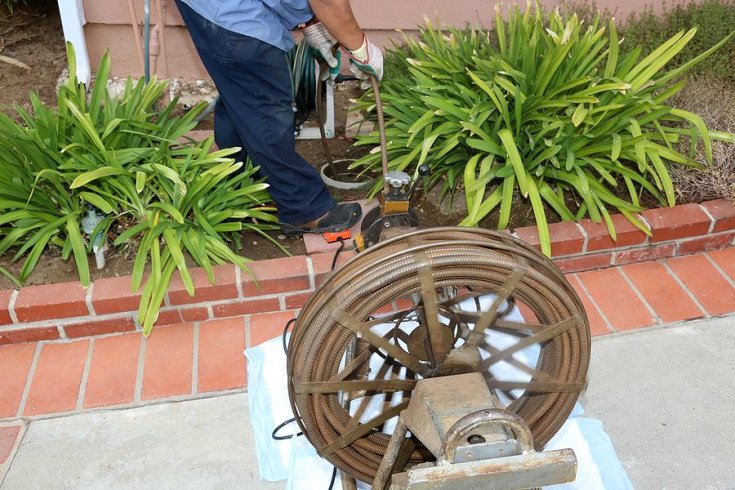
09
Signs and Solutions for a Failing Drain Field Your septic system plays a critical role in managing household wastewater, and…
Read more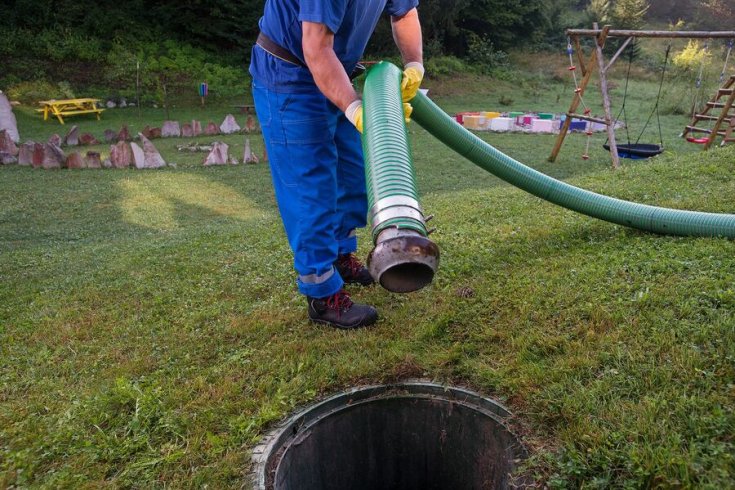
03
A Newbie’s Guide to Septic Pumping If you’re new to homeownership and have a septic system, you might be wondering…
Read more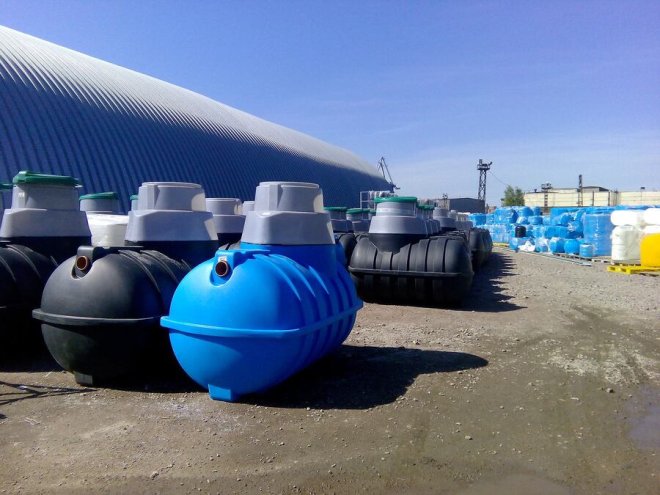
28
How to Prepare for Septic System Installation Installing a septic system is a major investment for any property that lacks…
Read more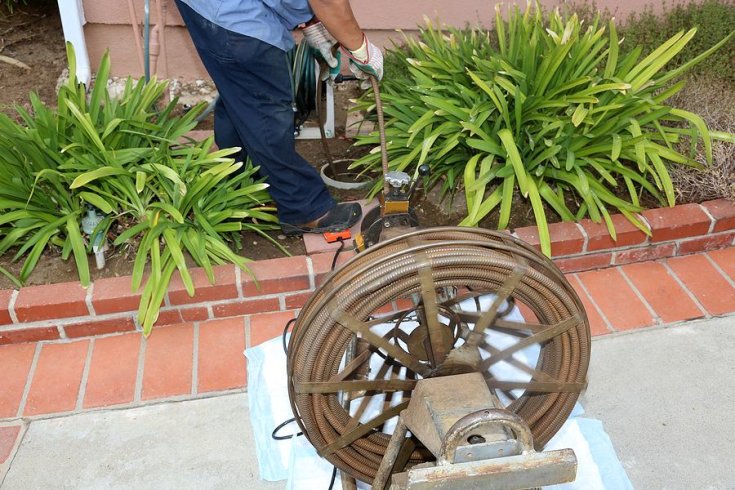
20
How Main Drain Cleaning Can Prevent Sewer Backups Sewer backups are one of the most unpleasant plumbing emergencies homeowners can…
Read more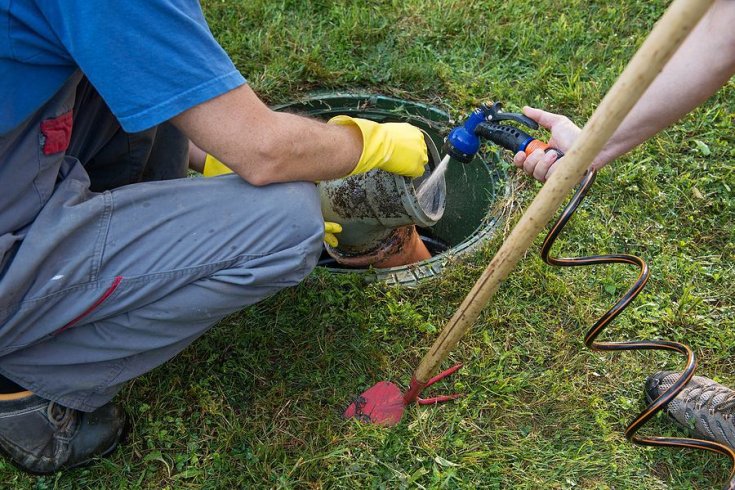
13
What to Do When You Have Drainage Problems Drainage problems can be frustrating and cause serious damage if left untreated.…
Read more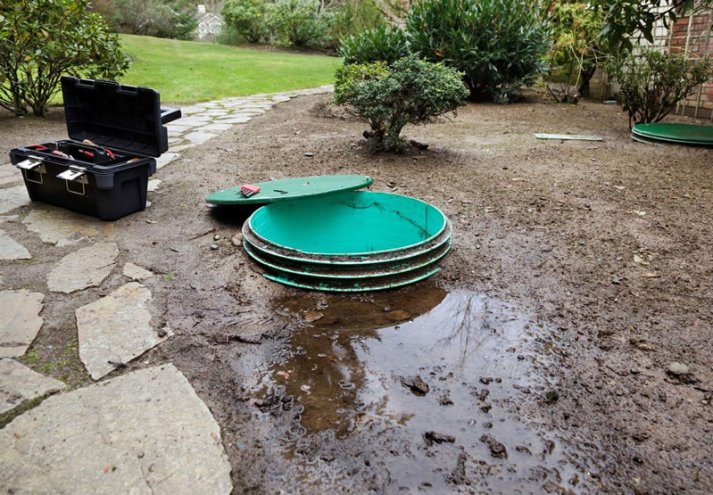
04
Signs and Causes of Septic Leaks A leaking septic system can pose serious health and environmental risks. If left untreated,…
Read more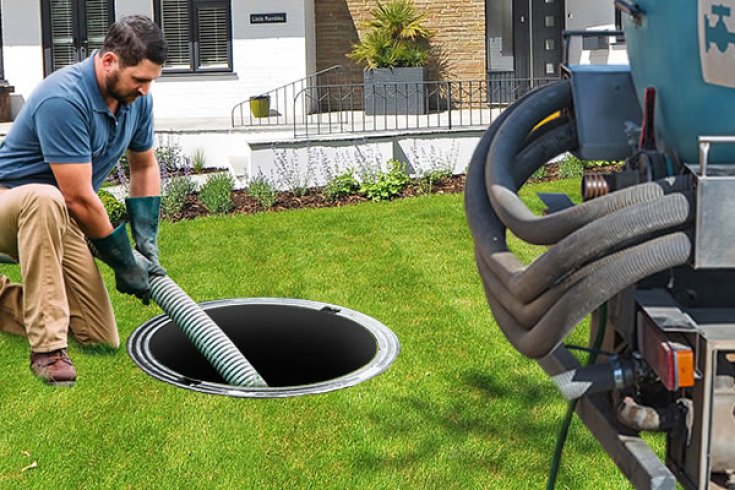
02
Unusual Septic Tank Blockages: Keeping Your Septic System Healthy A properly functioning septic system is crucial for any home or…
Read more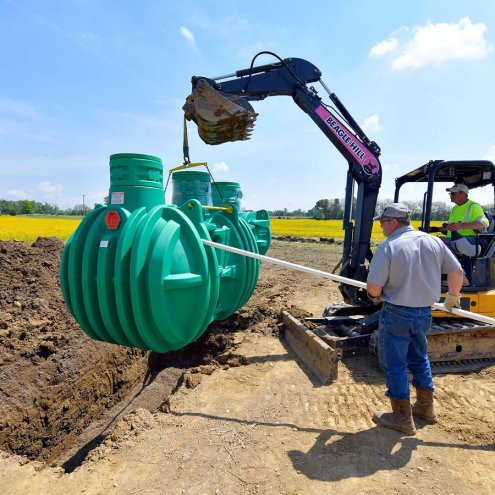
23
Seasonal Weather and Septic Systems Tank Your septic system plays a vital role in managing household wastewater, but seasonal weather…
Read more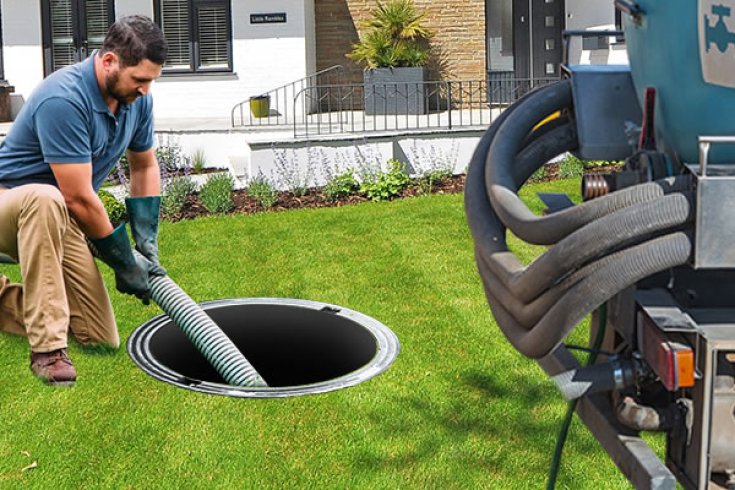
15
Why Toilet Paper Matters to Your Septic Tank Many homeowners don’t give much thought to their toilet paper—until it starts…
Read more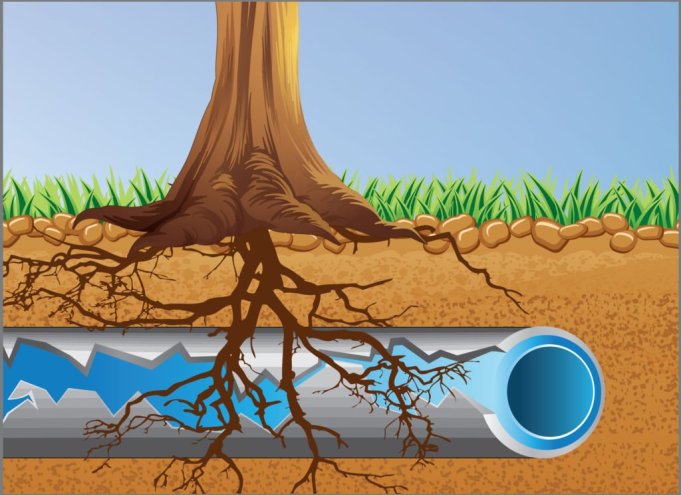
21
Tree Root Infiltration of Septic Systems We love the trees in our yards and in our environment. Just by looking…
Read more